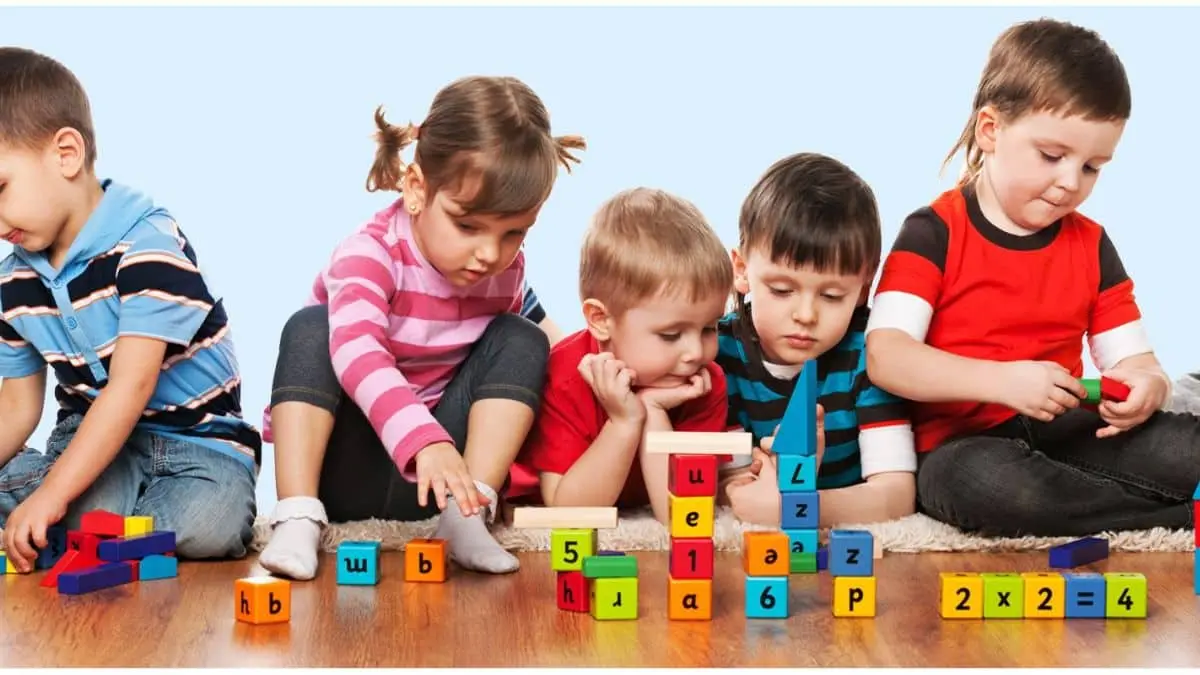With the rapid advancement of technology, the landscape of education is continuously evolving. Children of the 21st century live in a digital age where screens are an integral part of their lives. This article, “Exploring the Importance of Educational Games for Kids,” delves into how this technological transformation can be harnessed to enhance the learning experiences of children through educational games.
The fusion of entertainment and education – often referred to as ‘edutainment’ – has seen a surge in recent years. As we navigate through the proliferation of apps and games for children, it becomes imperative to discern their actual educational value. The focus is to examine the cognitive, social, and emotional benefits these educational games offer and how they can be used to supplement traditional pedagogies.
Exploring the Importance of Educational Games for Kids
The Power of Play in Learning
Play is an inherent part of childhood, and it plays a pivotal role in shaping a child’s mind. When children engage in play, they actively explore their surroundings, experiment with ideas, and solve problems. Numerous studies have demonstrated the positive impact of play on a child’s development. It fosters curiosity, creativity, and imagination while promoting essential skills such as problem-solving, critical thinking, and decision-making.
The power of play extends beyond childhood and has been found to be beneficial for learners of all ages. In adulthood, playful learning approaches have shown to enhance motivation, engagement, and retention of information. By incorporating elements of play into educational experiences, educators can create a more dynamic and enjoyable learning environment, encouraging learners to approach new concepts with enthusiasm and open-mindedness.
Playful learning not only breaks down barriers to learning but also fosters a lifelong love for exploring and understanding the world around us.
Benefits of Educational Games for Kids
Educational games provide a myriad of benefits, especially for children, acting as a vital catalyst in their growth and development. These benefits span across various dimensions, creating a profound impact that goes beyond the surface. Below, we have enumerated some of the most significant advantages.
- Improved Academic Performance: Educational games have been shown to positively impact a child’s academic performance by increasing their motivation and engagement in learning, leading to better retention of information.
- Personalized Learning: These games are designed to adapt to each child’s learning pace, providing personalized learning experiences that cater to their individual strengths and weaknesses.
- Grasping Complex Concepts: Subjects like mathematics become more accessible through interactive simulations, puzzles, and quizzes, allowing children to develop a solid understanding of complex concepts while enjoying the learning process.
- language Development: Language-focused games help nurture vocabulary, grammar, and language comprehension skills in an immersive and enjoyable manner, making language learning more effective and enjoyable.
- Problem-Solving Skills: Educational games often present challenges and puzzles that require critical thinking and problem-solving, helping children develop these essential skills in a fun and engaging way.
- Creativity and Imagination: Many educational games encourage creativity and imagination by allowing children to explore, experiment, and create in a virtual world.
- Collaboration and Social Skills: Multiplayer educational games promote collaboration and social interaction, helping children build essential social skills and learn how to work effectively in a team.
- Stress Reduction: Learning through games can reduce the stress and anxiety often associated with traditional learning methods, making the learning experience more enjoyable and effective.
- Continuous Progress Tracking: Educational games often include progress tracking features, enabling parents and teachers to monitor a child’s development and identify areas that may need additional attention.
- Lifelong Love for Learning: By making learning enjoyable and rewarding, educational games can foster a lifelong love for learning, encouraging children to be curious and inquisitive throughout their educational journey.
How Educational Games Foster Social Skills?
Education is not limited to academics; it encompasses the development of social and emotional skills as well. Multiplayer or collaborative educational games play a significant role in teaching children the value of teamwork and communication. These games encourage players to work together towards a common goal, fostering cooperation and collaboration.
Certain educational games are designed to teach empathy and conflict resolution. By placing children in simulated scenarios, they learn to understand others’ perspectives and develop the ability to resolve conflicts peacefully. The skills acquired in these games can have a lasting impact on a child’s social interactions, both online and offline.
Addressing Concerns and Misconceptions
Despite the numerous benefits, some parents and educators have concerns about the use of educational games. One common worry is the potential increase in screen time. While it is essential to monitor screen time and strike a balance between different activities, not all screen time is created equal. Educational games, when used judiciously, can be a valuable and constructive way for children to spend their time.
To address this concern, parents can set boundaries and allocate specific time slots for educational gaming. Additionally, parents can actively participate in the gaming experience, engaging in discussions with their children about the concepts and skills they are learning. By turning gaming into a shared learning experience, parents can make the most out of educational games.
Choosing the Right Educational Games
With a plethora of educational games available, selecting the right ones can be overwhelming. The key is to choose games that align with the child’s age, interests, and learning objectives. Reputable educational game platforms often categorize games based on age groups and subjects, making it easier for parents to find suitable options.
Parents can involve their children in the decision-making process, allowing them to express their preferences and interests. Additionally, seeking recommendations from teachers or other parents who have experience with educational games can be beneficial in finding high-quality and effective options.
Conclusion
Educational games are not just games; they are powerful learning tools that captivate young minds while fostering essential skills and knowledge. Play is an integral part of a child’s learning journey, and educational games seamlessly integrate play and learning, making education an enjoyable and engaging experience.
By embracing educational games, parents and educators can unlock a world of possibilities for children, empowering them to become enthusiastic, self-directed learners. As we continue to explore the vast landscape of educational games, let us remember the importance of nurturing a child’s natural curiosity and providing them with opportunities to learn, grow, and succeed.
Also Read: 7 Habits of Millionaires That Lead to Long-Term Wealth



